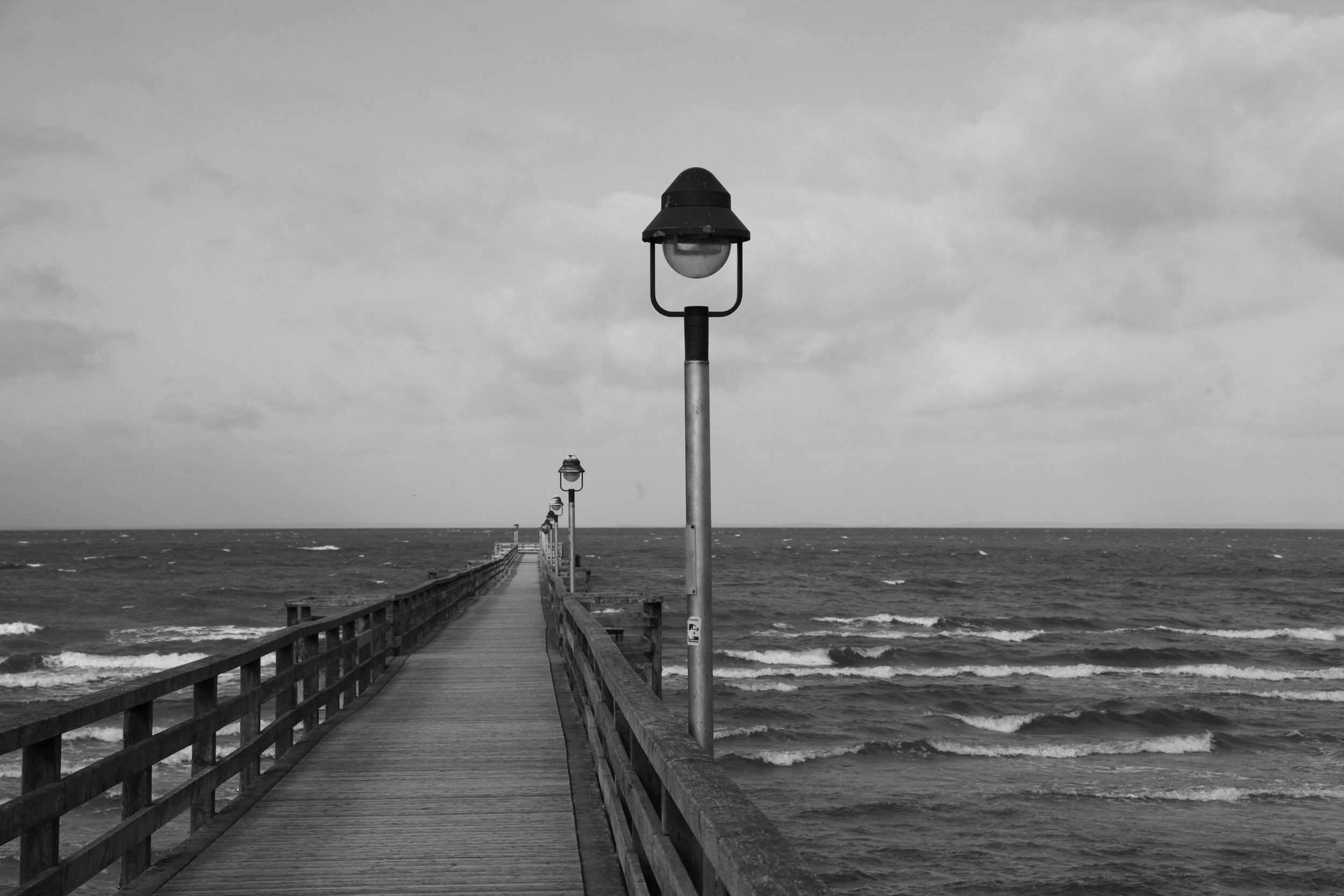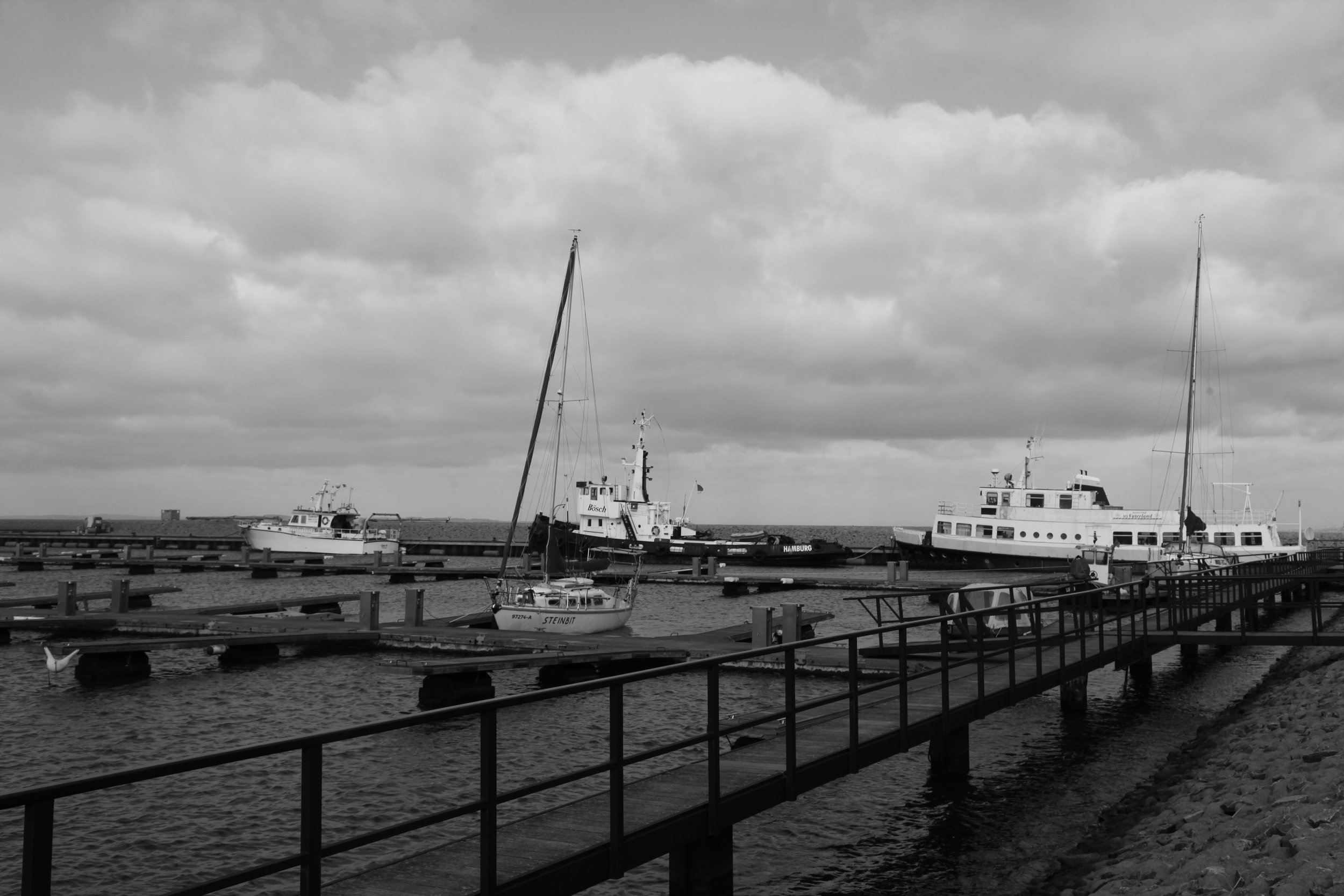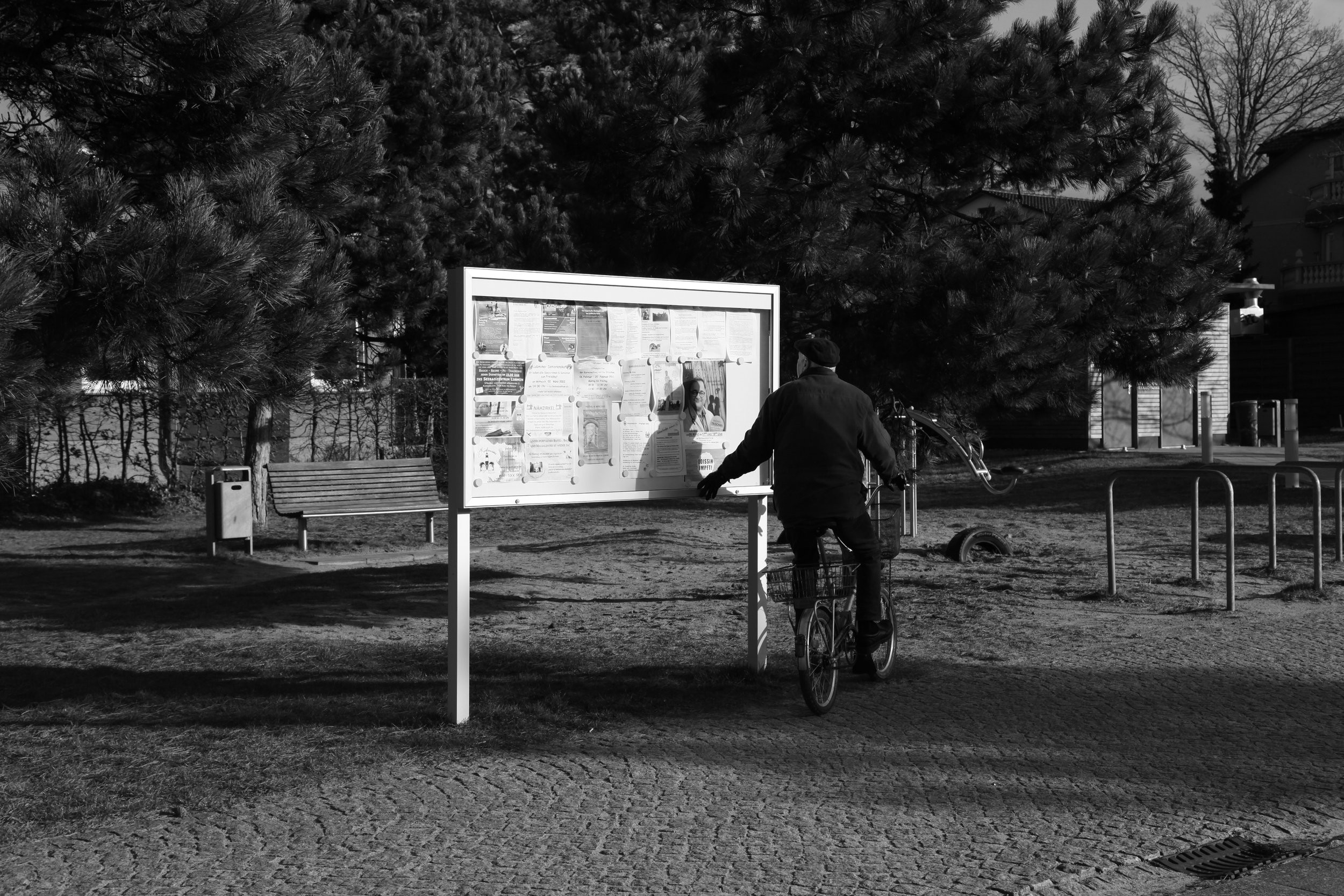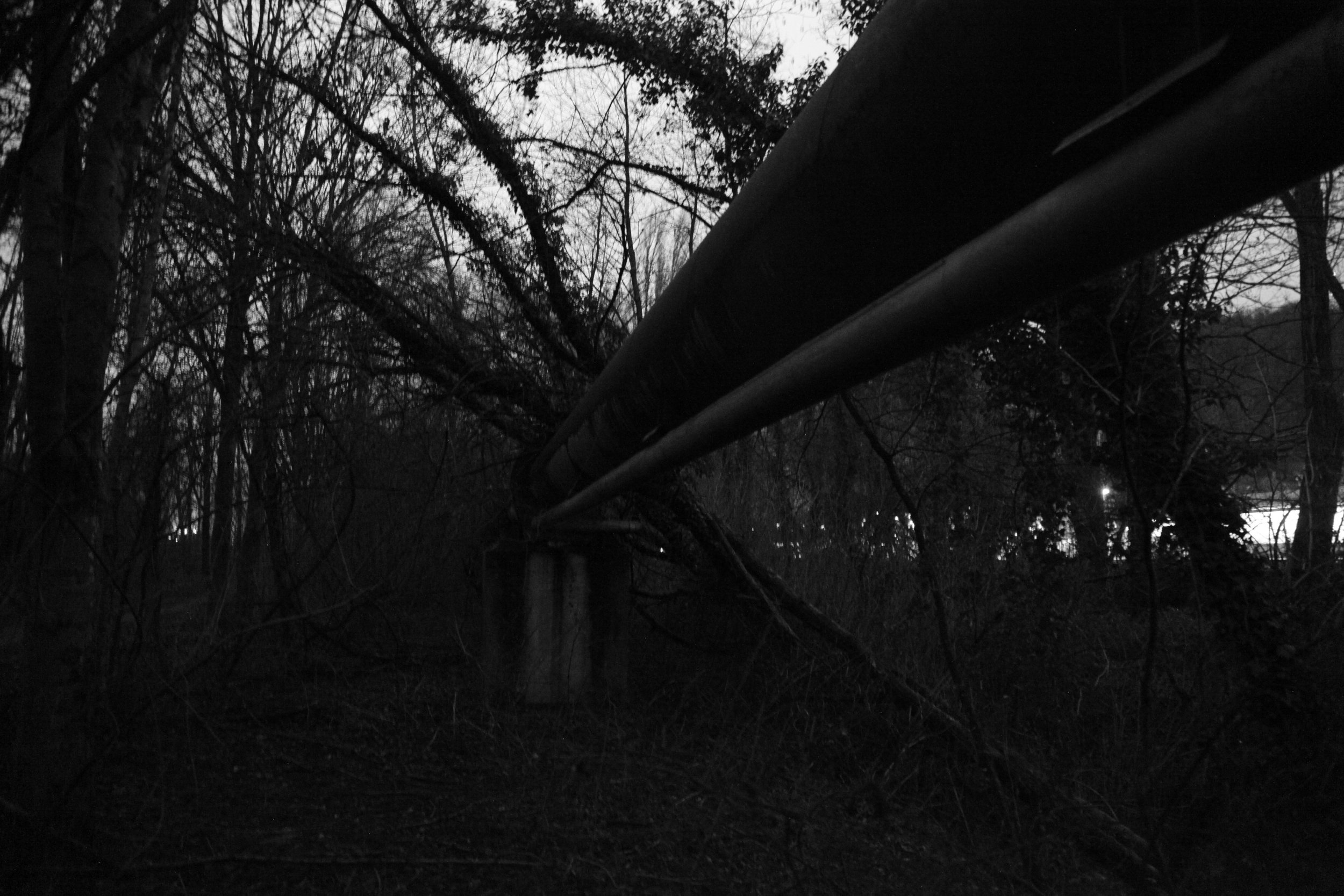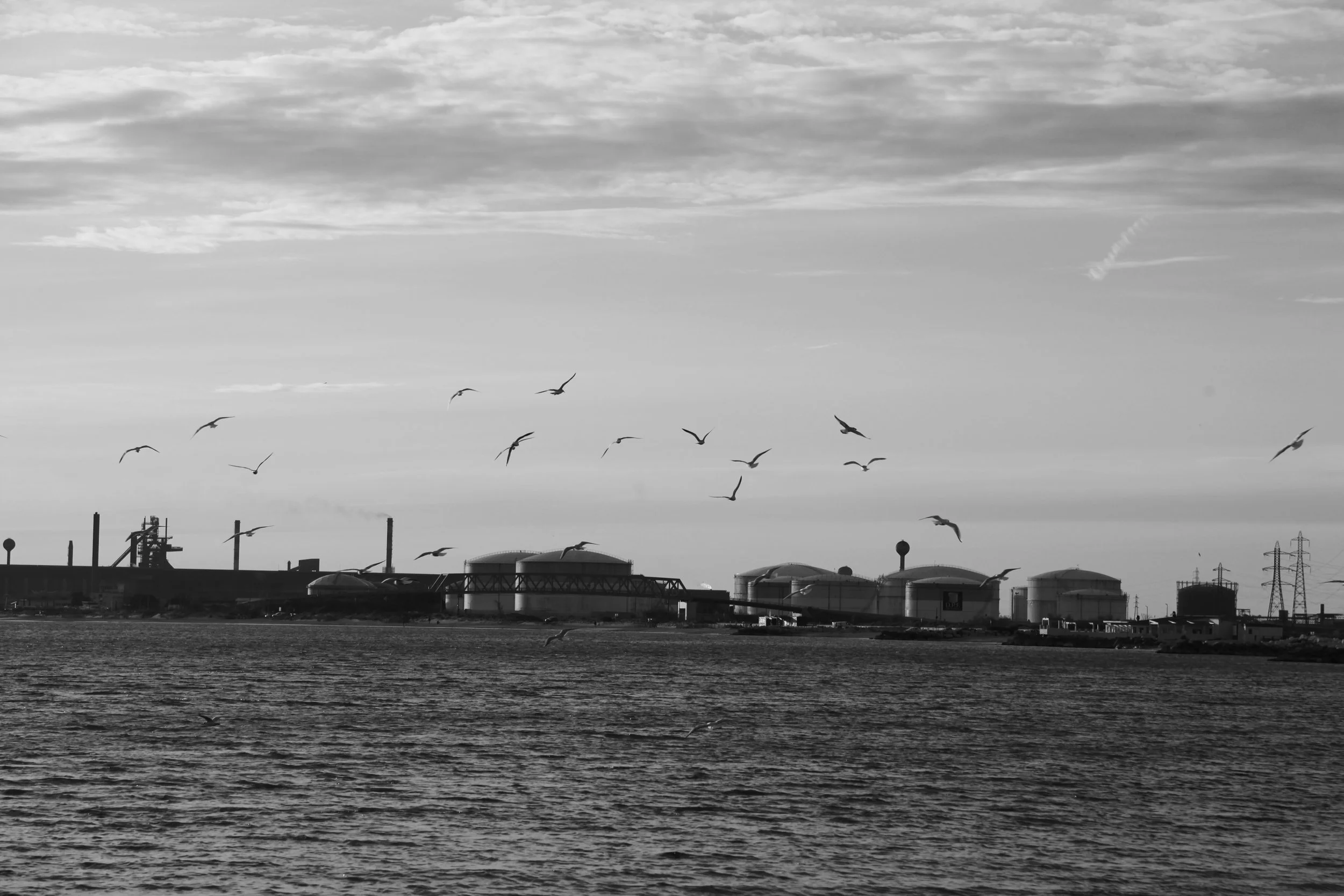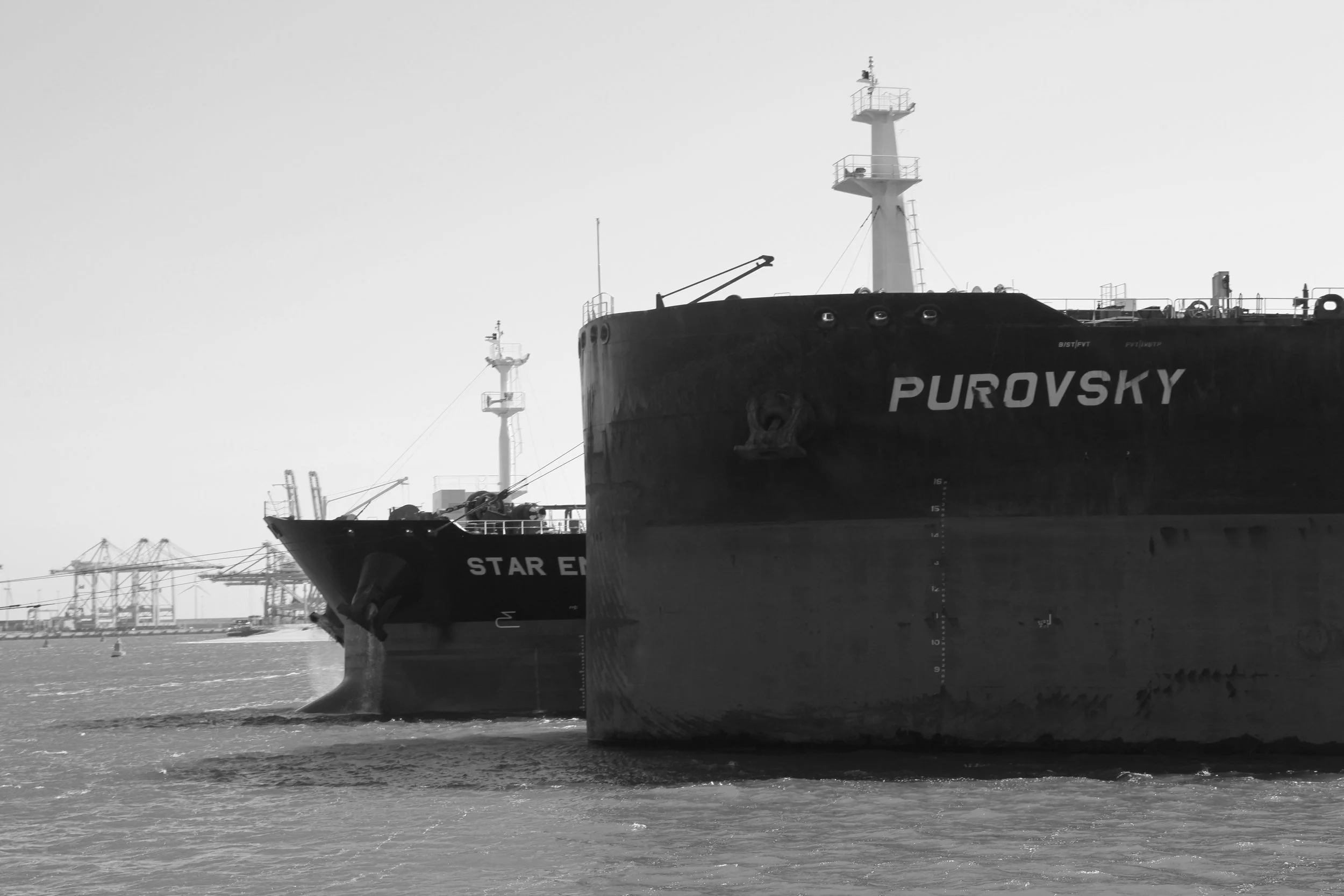III. Crisis
Over 1300km northeast of Fos-sur-Mer is the resort town of Lubmin, in Germany’s state of Mecklenburg-Vorpommern where the Baltic Sea coast attracts retirees and a tide of summer vacationers.
The regional landscape once inspired the work of the great Romantic painter Caspar David Friedrich, native son of nearby Greifswald. A short walk along the beach to the east conjures up such images of sublime nature, at least until one stumbles upon a complex of buildings and pipes beyond a small marina. Here are Nord Stream and Nord Stream 2, the most famous combined pipeline project in Europe. According to its parent company, “In 2021, 59.2 billion cubic meters (bcm) of natural gas were transported through the Nord Stream Pipeline to consumers in Europe. Consequently the pipeline has been loaded at 2020 levels — the historically highest since the start of operations.” The expansion line Nord Stream 2 was completed in September 2021 and is able to double the amount of natural gas delivered from Russia directly to the north of Germany, bypassing other possible Eastern European transit routes including through Ukraine.
Lubmin, February 23, 2022
Europe’s largest economy runs on fossil fuels, which comprised 76.2% of Germany’s total energy supply in 2020. The leading sources oil (33.9%) and natural gas (26.7%) make up well over half of all Germany’s energy use, while declining coal combustion makes up 15.5%. Although renewable sources are continuing to rise at a steady rate, particularly in the electrical production and biofuel sectors, Germany is behind target on its 2020 and 2030 climate goals and still heavily reliant on foreign fossil fuel imports. Over 60% of Germany’s energy comes from imports. Imports feed over 90% of German natural gas consumption, and Russia accounts for over half of those (55%). Germany also imports large amounts of Russian oil and coal.
Today’s Russian-German gas relationship developed during the heart of the Cold War, when the Soviet Union worked with the Western European gas industry to transport natural gas through the Iron Curtain into West Germany. Following the reunification of East and West Germany in 1990, the German-Russian “gas bridge” was further invested and promoted between Russian gas giant Gazprom and the German government. Former Chancellor Gerhard Schröder famously advocated for the Nord Stream project during his term from 1998-2005 and today serves as the chairman of both Russian state-controlled gas and oil companies Gazprom and Rosneft, Russia’s first and third largest companies respectively.
Until recently, the Nord Stream 2 project enjoyed widespread support across the German political spectrum. When the United States Congress passed sanctions against companies associated with Nord Stream 2 in 2019, then-Chancellor Angela Merkel and her foreign minister Heiko Maas denounced the actions of the United States government for intervening in European affairs. In 2021, newly-elected U.S. President Joe Biden warmed to the lifting of sanctions and the opening of the Nord Stream 2 pipeline under the wishes of the outgoing Merkel administration. Nord Stream 2 appeared on pace to open after its completion in September 2021, as Olaf Scholz and a new coalition government took power in Berlin.
The situation deteriorated during the fall of 2021. As Gazprom awaited the approval process of Nord Stream 2 from the newly-formed German government, it suppressed flows along the major pipeline route Yamal-Europe (across Poland) and through the Ukrainian distribution network. While Nord Stream and the newly completed TurkStream continued to deliver at high capacity, overall Russian natural gas exports to Europe fell steeply below expected levels. Gazprom assured that it was meeting all current contracts, but it did not provide expected additional gas supplies as the winter approached. Along the Yamal-Europe pipeline, westward moving supplies plummeted at the end of September and continued falling to the beginning of November. By then, flows were at over 600% lower levels than the previous 2015-2020 minimum according to data compiled by the think tank Bruegel. Another remarkable feature of the year was the overall lack of refilling of Gazprom storage tanks in the EU. Starting in March 2021, the level of stored natural gas dipped below the previous five-year minimum, and continued to increasingly underperform normal storage volumes in dramatic fashion throughout the year.
Nord Stream 2’s certification was delayed in mid-November by the German federal regulator due to irregularities in the company’s legal registration, and soon became the target of renewed American sanctions on November 22, 2021. As the winter came, tensions between Ukraine and Russia continued to escalate with the United States and United Kingdom warning of Russian invasion plans. The future of Nord Stream 2 was thrust further into doubt leading into February 2022.
Lubmin, February 23, 2022
At the shorefront in Lubmin, a bulletin board with community announcements included a freshly printed page in the top righthand corner. The letter from Mayor Axel Vogt read:
“We are deeply concerned about the current political and military escalation of the Ukraine-Russia conflict. We condemn, regardless of any apportionment of blame, any aggressive act committed in violation of international, state and human rights through the threat or use of violence. Such conflicts can and must be ended exclusively by the use of diplomatic solutions.
The Chancellor of the Federal Republic of Germany publicly announced today, Feb. 22, 2022, that the federal government had decided to suspend the initiated certification process for an operating permit of the Nord Stream 2 plant with the Federal Network Agency for the time being….
Today not safely excludable is the possibility of more far-reaching energy policy sanctions by the European Union against Russia should the crisis escalate further. This could also affect the Nord Stream gas landing station, which has been in operation since 2011. The municipality of Lubmin receives a not insignificant share of business taxes from this plant.”
As the €11 billion Nord Stream 2 project faces permanent closure before even opening, the future of Lubmin’s importance as a major natural gas entry point is thrown into doubt. Resident’s may wonder if the Nord Stream pipelines will join the fate of another abandoned energy project, the behemoth Greifswald Nuclear Power Plant, also located in Lubmin. Decommissioned in 1990, it is still under a lengthy and expensive process of deconstruction.
Lubmin, Nord Stream 2 Landing Terminal, February 23, 2022
In the early hours of Thursday, February 24, the Russian military launched a full-scale invasion of Ukraine. The country of over 40 million people was plunged suddenly and violently into war. Reactions from the European community were swift to defend Ukrainian sovereignty and denounce Russian aggression. Sanctions were brought to the table as a means to deter Vladimir Putin and the Russian government, as well as the opening of European arms shipments to Ukraine. A ban of Russian flights in EU airspace was announced on February 27. Major energy companies including BP and Shell announced the suspension of operations in Russia, while Total maintained its current activities but promised to avoid future investments in the country.
As rapid sanctions are passed and major economic ties to Russia are cut in response to the war in Ukraine, the energy link between Russia and the EU remains the principle exception of unsevered ties for the moment. However, the future of the “gas bridge” is extremely uncertain and European countries are moving quickly to diversify their energy supply away from Russian imports. German Chancellor Olaf Scholz announced on February 28 that the German government would fast-track the construction of two LNG terminals in Wilhelmshaven and Brunsbüttel as well as potentially extending the operation of nuclear and coal power plants. Another planned terminal in Stade near Hamburg is in the approval process.
The proposed LNG terminals have been opposed by a coalition of German environmental groups well before the Russian invasion of Ukraine. Wilhelmshaven has been proposed as a potential LNG terminal site since the late 1970s according to information from Deutsche Umwelthilfe. In 2008, the energy company E.ON stopped their plans for an LNG terminal in Wilhelmshaven, but the project was revived in the 2010s by potential investor Uniper before being cancelled in 2020 following opposition from environmental activist groups. In an open letter sent to Economic and Climate Minister Robert Habeck and published on January 28, 2022 by Deutsche Umwelthilfe, the coalition Climate Alliance Against LNG wrote:
"In recent years, the Climate Alliance Against LNG has intensively examined the future viability of the gas infrastructure in Germany from an environmental, energy and climate policy perspective.
We are convinced that the construction of an LNG terminal in Germany makes neither economic nor ecological sense and it is not necessary in terms of energy policy. This has been proven by numerous studies…. The fact that the terminals are clearly aimed at imports of environmentally and climate unfriendly fracked gas will eventually make it impossible for civil society to accept them….We are fully aware of the geopolitical explosiveness in the context of dependence on Russian natural gas. We are convinced that the solution lies in the consistent implementation of the energy transition, above all in the expansion of renewables and the reduction of energy consumption. A new construction of LNG import terminals in Germany, in contrast, would not change the dependence on Russia in the short term - but on the other hand, it would increase the path dependence on fossil energies. The claim by some operators that the LNG infrastructure will someday and somehow be converted into a hydrogen import infrastructure is also not viable…."
Less than a month after the publication of this letter, Germany found itself even more concretely considering a future without Russian gas. The debate over the proposed LNG terminals will likely be brought to the forefront of the country’s economic and environmental policy. The formerly-scrapped LNG terminal project in Wilhelmshaven was revived in the days following the Russian invasion of Ukraine. The energy developer Uniper, recently losing out on their investment in Nord Stream 2, has reconsidered the viability of the Wilhelmshaven project, now that it appears that the German government may co-finance its development.
Saarbrücken, Saarland, February 22, 2022

